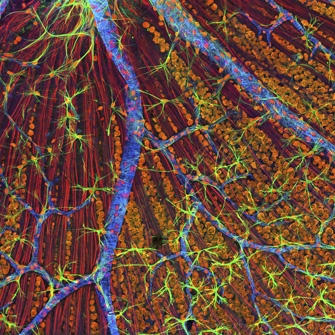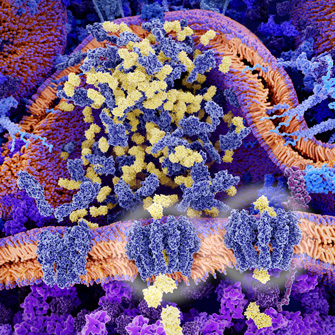Department of Neurological Surgery
UT Southwestern’s Department of Neurological Surgery provides the highest quality care for complex and difficult neurosurgical cases, from neurotrauma to cerebrovascular diseases. An internationally renowned leader in the field of neurosurgery, the department is known for its robust training programs and groundbreaking research.
Programs and Areas of Expertise
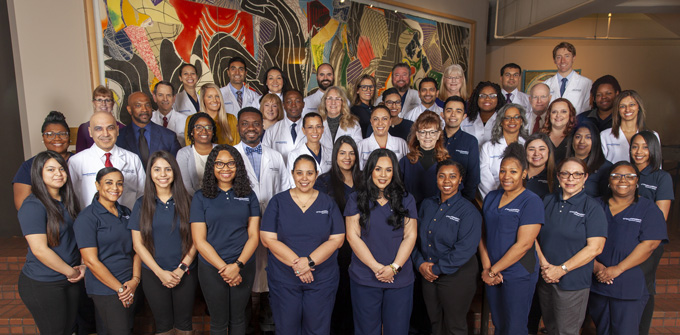
Our multidisciplinary center encompasses the full spectrum of needs for patients from physical therapy to complex reconstructive surgery.
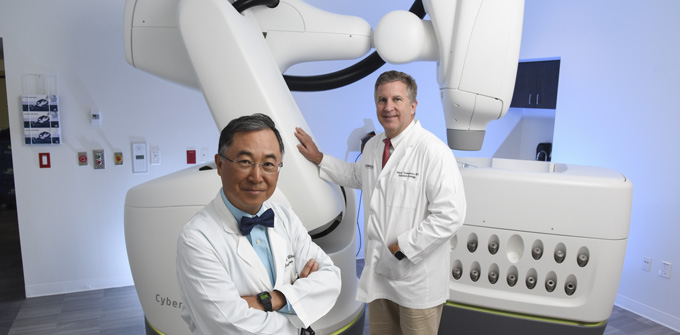
We offer clinical expertise that spans the full breadth of neuro-oncology including advanced skull base and intra-axial pathologies.
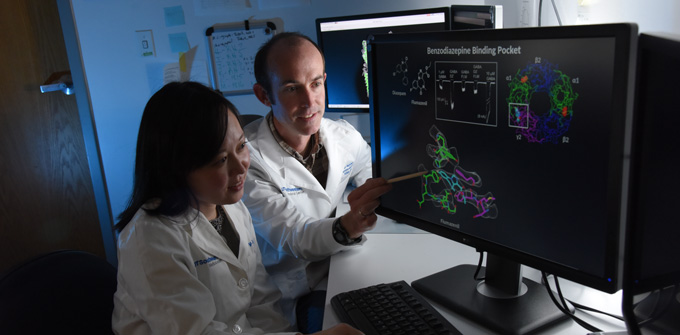
We have the highest-volume program in Texas and Level 4 accreditation from the National Association of Epilepsy Centers. Surgical procedures include intracranial EEG, minimally invasive laser ablation surgery, neurostimulation, and surgical resection.
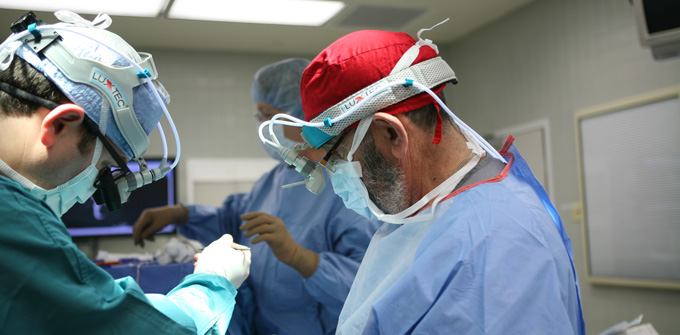
We’re widely recognized as a top destination for aneurysm treatment, arteriovenous malformation management, and stroke care. We received a Healthgrades Cranial Neurosurgery Excellence Award in 2019.

Our program includes all aspects of pediatric neurosurgery, such as treatment of hydrocephalus, congenital birth defects and dysraphic conditions, and craniofacial malformations.
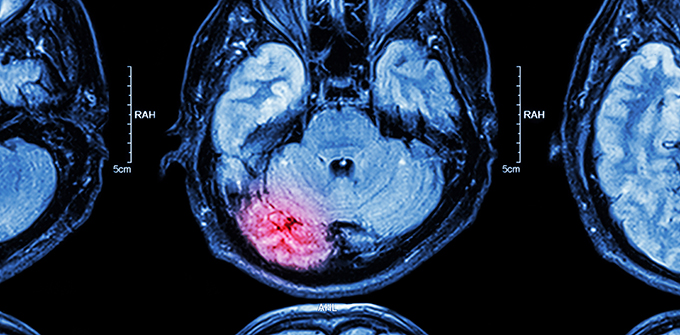
For critically ill patients with brain injuries and neurological diseases, the Neurological Intensive Care team provides state-of-the-art monitoring technology and innovative treatments from physicians trained in neurology, neurosurgery, and critical care.
Our Philosophy on Collaboration
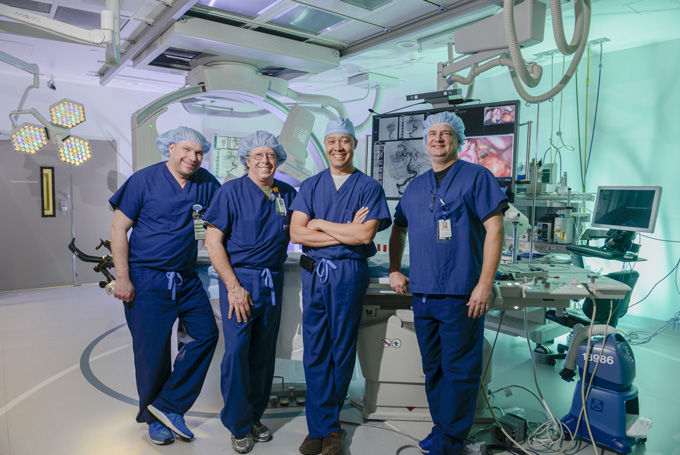
The Department of Neurological Surgery is proud to contribute to the O’Donnell Brain Institute’s mission by using cutting-edge technologies to help patients affected by neurosurgical disorders and conducting research that furthers the evolution and improvement of clinical knowledge and treatment techniques.
The department is relentless in its commitment to improve every aspect of the neurosurgery patient experience, helping to further the O’Donnell Brain Institute’s mission of becoming a national center for excellence in the diagnosis and treatment of brain disorders.
The O’Donnell Brain Institute has supported the creation of the department’s comprehensive Spine Center and has contributed to the Epilepsy Center. It has also built a framework within which multiple departments can better collaborate on patient care and research.
Training Highlights

- The department’s ACGME-accredited seven-year neurosurgery residency has a board pass rate of 100%. It emphasizes hands-on surgical experience under close supervision – residents start taking part in surgeries in their second year. A monthly research meeting helps residents develop their investigative interests and talents.
- Advanced training opportunities include a one year, CAST-approved cerebrovascular fellowship and a one-year CAST-approved surgical spine fellowship. Following a fellowship in neurosurgery, the department also offers two pediatric fellowships that last from one to two years, approved by the Accreditation Council for Pediatric Neurosurgery Fellowships and the Texas Medical Board.



